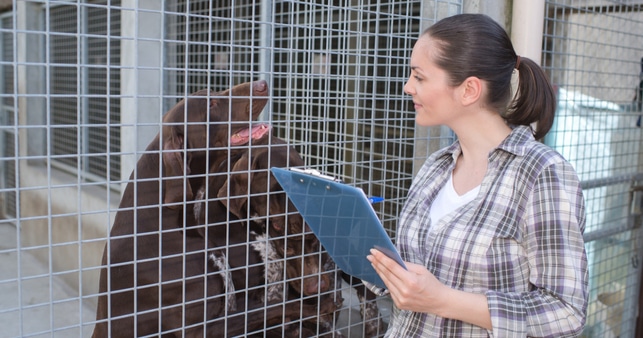
With thousands of COVID-19 infections being recorded daily in Australia, business owners across the country are facing the constant struggle of trying to stay open while also managing sick employees.
Employsure, Australia’s largest workplace relations advisor, received more than five thousand calls to its employer advice line in January, regarding testing requirements, isolation rules and liability.
“For many small businesses, having employees off sick has led to them temporarily closing their doors due to limited staffing numbers, resulting in them missing out on crucial revenue,” said Employsure Business Partner Emma Dawson.
“To add to the strain, under the Fair Work Act, there are limited situations in which employers can stand an employee down without pay. These situations usually require that something beyond reasonable control can cause a complete stoppage of work to a business, where an employee cannot be usefully employed to do alternative duties or work at alternative sites.
“If an alternative to onsite work, such as working from home, is not possible, an employer may need to explore and agree upon paid and unpaid leave options to be able to temporarily close their doors. If an agreement can’t be reached, employers may have to continue to pay the employee’s wages for them to be absent from the workplace at their own direction.
“This type of leave can also apply to permanent employees waiting for a PCR test who are ill and unfit for work. Permanent employees who have exhausted their paid personal/carer’s leave and casual employees can take up to two days’ unpaid personal leave as well.”
Rapid antigen tests (RATs) are a useful way to determine sickness but are often hard to obtain. If an employee with COVID symptoms can’t find a RAT test and the employer doesn’t want them in the workplace, personal/carer’s leave can be provided (if available) when the employee’s symptoms mean they are unfit for work.
If an employee claims to be COVID positive but refuses to show a test, employers can check if the employee can get a PCR test or RAT test proving they have the virus. If the employee wants to take personal/carer’s leave, employers can request a medical certificate or statutory declaration stating they are unfit for work due to illness. If the employee fails to provide any evidence then they won’t be entitled to personal/carer’s leave.
When a positive case is identified in the business, an employer must take a number of steps to protect their business. This includes isolating the infected from others (should they be present) and provide them with a mask, cleaning the area, calling the national COVID-19 hotline and following advice, removing the infected employee and ensuring they have transport home, as well as reviewing if any changes need to be made to existing infection control policies.
If these steps are not taken, an employer could be liable and risk a fine should any further infections be recorded as a result.
“Liability for an employee catching COVID-19 will depend on the relevant state or territory the business operates in, as well as whether the employee caught COVID-19 during the course of their employment,” continued Ms Dawson.
“In some states and territories, workers compensation schemes assume that employees in particular roles caught the virus in the workplace, unless there is evidence proving otherwise. Additionally, some jurisdictions treat infection with COVID-19 in the workplace as a notifiable incident that must be reported to the relevant health and safety regulator.
“Breach of any health and safety obligations in relation to infection control could risk prosecution by the regulator and potential fines,” she concluded.
Media enquiries:



